VIRGILIA FERRÃO – “I didn’t see myself as an author”
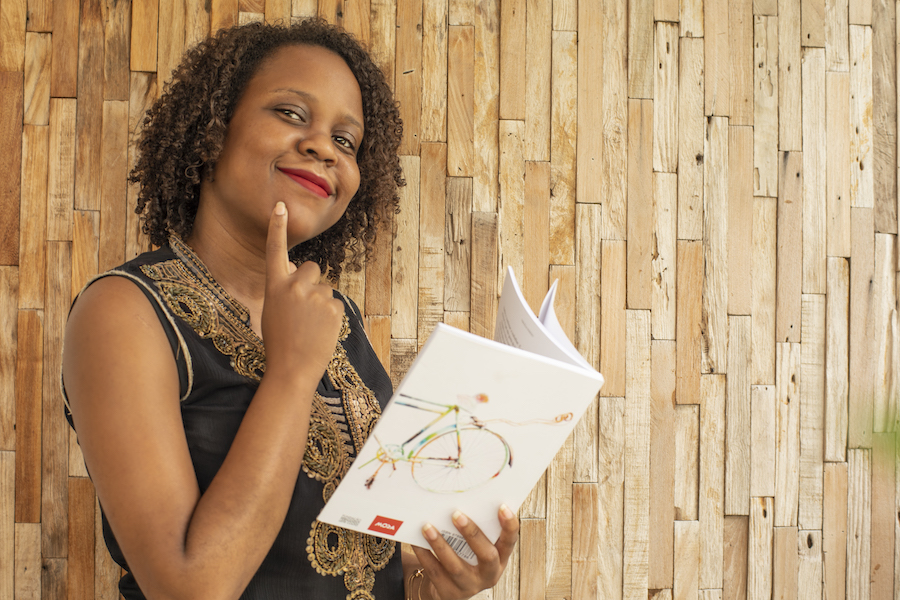
Virgília Ferrão, 36 years old, is the author of three novels. For the most recent, Sina de Aruanda, she was awarded the November 10th Prize for Literature. Her writing reveals a particular creativity in Mozambican literature. She who could not even imagine herself publishing books.
She debuts with a romance at age 19. And with the pseudonym Awaji Malunga. What did writing and being an author mean at that time?
The world of writing (and reading) began, for me, as a refuge. My favourite hobby was creating other worlds and then living in those worlds. I think that’s why I spent a lot of time absent from reality. To this day, they say that I am a person who daydreams. So I think that when I started, writing had no other meaning than that. It was a very isolated and private exercise. The possibility of becoming a writer as such had never crossed my mind. I remember finishing my first (unpublished) manuscript in 2003 and the second in 2004. The publishing world was completely foreign to me, I didn’t even know that publishing was a possibility. Maybe that’s why I chose to use a pseudonym. I didn’t see myself as an author.
Her first book Romeo é Xingondo e a Julieta Machangana (2005) brings us a Mozambican reality, the south-north asymmetries and their complexities in terms of identity and acceptance. Tell us a little about these contrasts.
“The world of writing (and reading) began, for me, as a refuge.”
At the time, I understood little about the term “Xingondo”. And when my mother explained it to me, I said to her: “really? Mom, I’m going to write a story that will be Romeo is Xingondo and Julieta is Machangana.” I think that in my head the idea came as a provocation, a form of reflection on what separates us and what brings us closer. I wanted to explore Shakespeare’s classic, because the story of love and conflict it presents is told and retold in different contexts around the world. I wanted to explore this from a Mozambican perspective. Of course, the pink aura that surrounded me led me to a less dramatic story. Today, perhaps, it would be different.
And then you publish O Inspector de Xindzimila (2016), a crime novel. Was it breaking a barrier in Mozambican reality?
I just wrote the story I wanted to tell. I’ve always liked to use elements such as suspense and mystery in my narratives. In Inspector de Xindzimila, I think this has been consolidated. But returning to your question, today I can say that yes, I came to realise later that it was a good challenge, as this is a genre that is still little explored in our literature. I am glad to have been able to make a contribution in this regard.
In the book Sina de Aruanda (2021) the topic of the environment crosses its narrative. Is it also due to the influence of your work in the area?
Yes, in the case of Sina de Aruanda, it was born out of a passion for environmental law as a student. As a professional, I specialised in this area and it is an area in which I currently work. I think it’s a very important cause. All of this, in part, I believe, contributed to my choice of this approach.
And are there more and other stories to tell?
The universe is full of mysteries. While I am here, it will be a privilege to be able to explore the infinite stories it offers us. It’s a continuous learning exercise and, in the process, I’m also trying to discover myself.
Issue 72 Mar/Apr | Download.
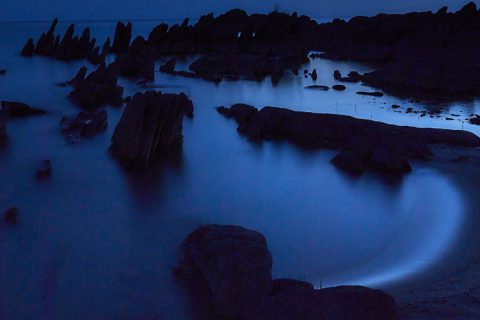


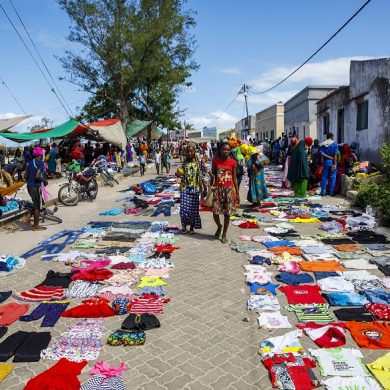
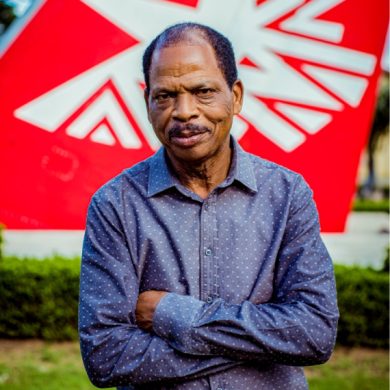
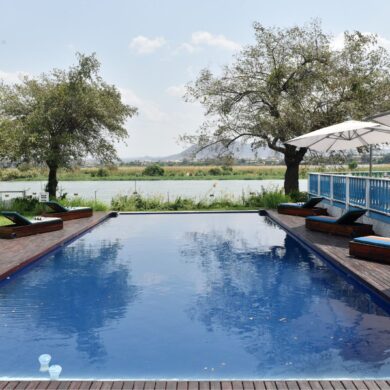
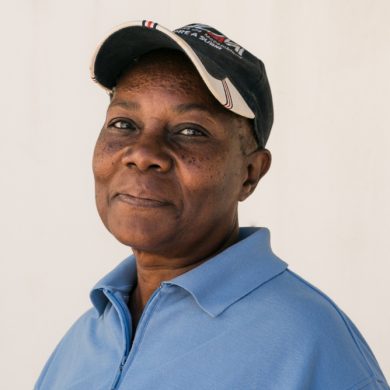
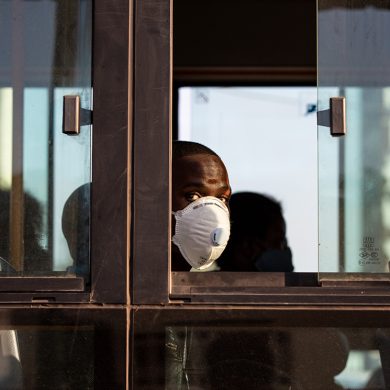
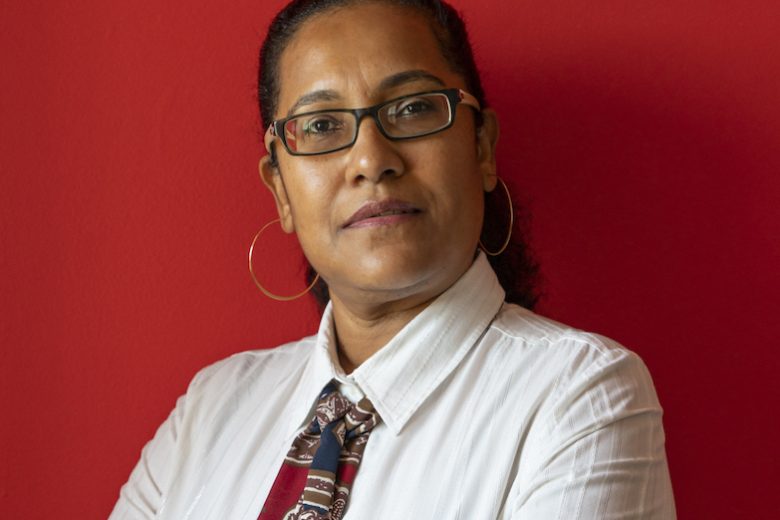











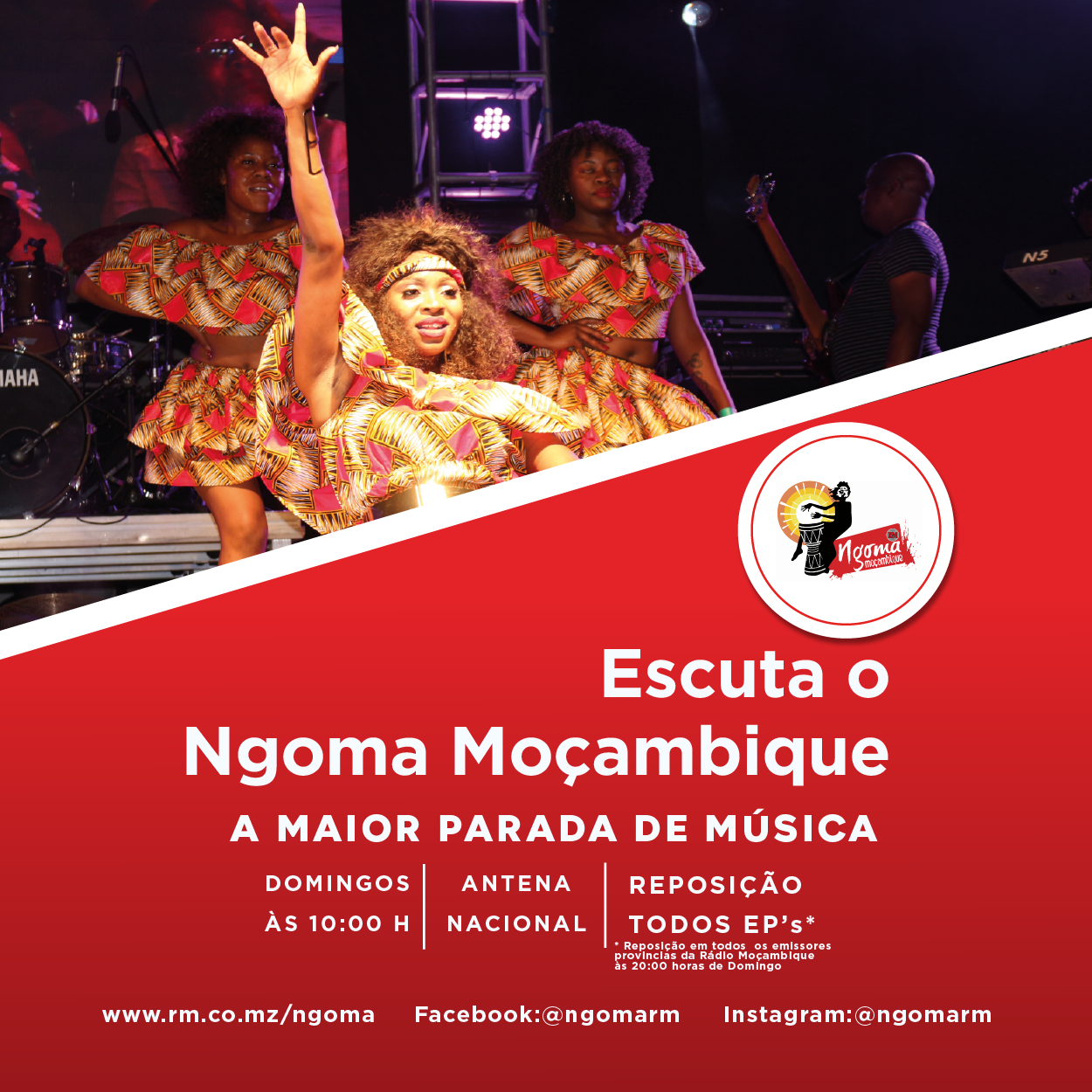






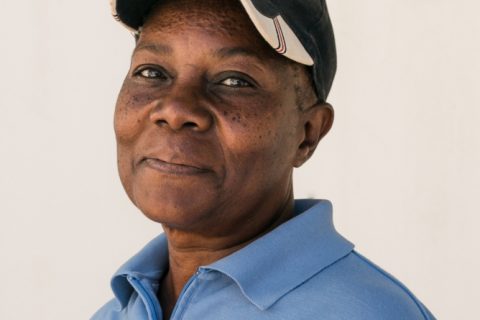
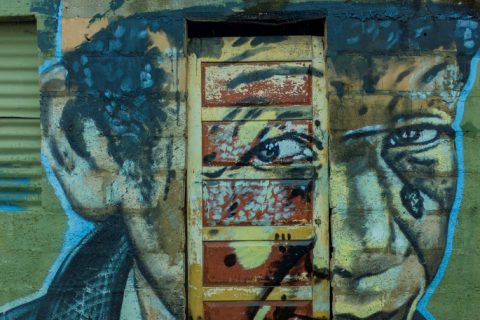

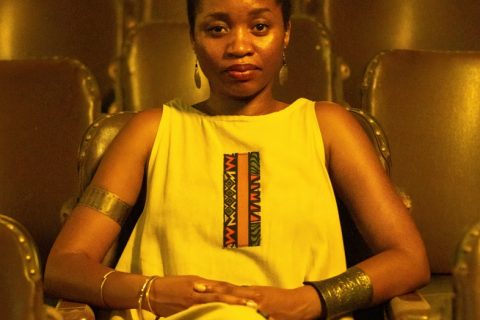
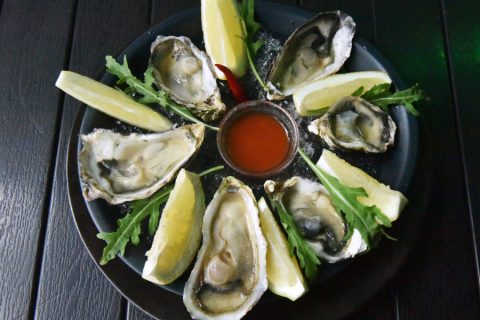
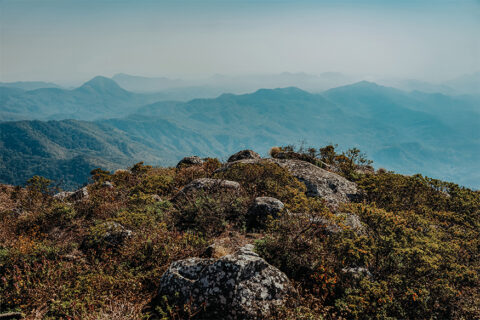

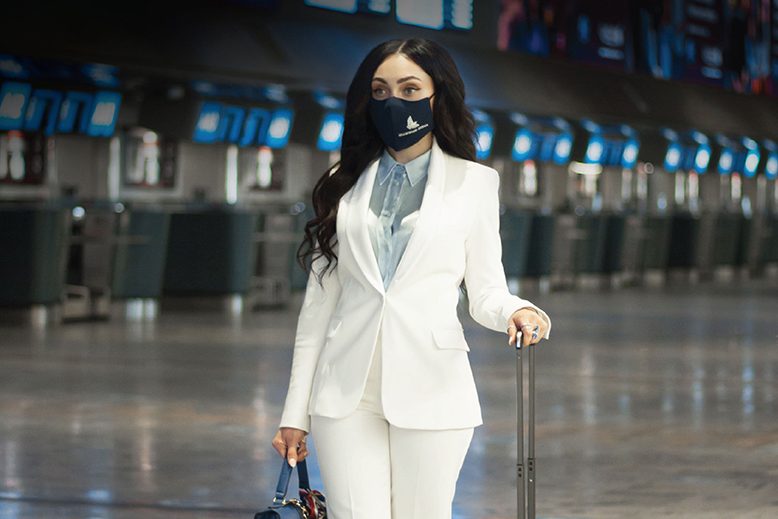
0 Comments